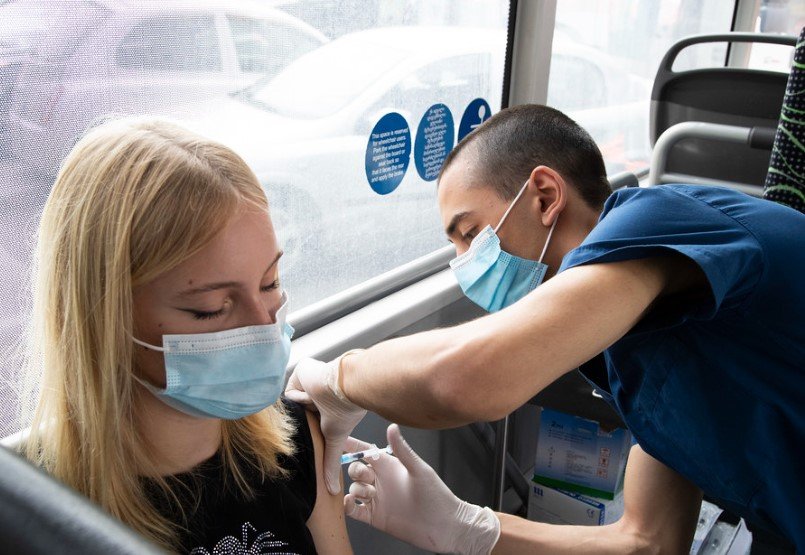The Trump administration has rescinded more than $300 million in COVID-19 relief funds previously allocated to Georgia, causing immediate disruptions in public health programs and workforce reductions across the state. The move, part of a broader effort to curb federal spending, caught many officials off guard and left state agencies scrambling to assess the damage.
Sudden Decision Leaves Georgia Officials Reeling
The Georgia Department of Public Health (DPH) and other state agencies learned last week that the White House had imposed a March 24 deadline for using pandemic-related federal grants. That left little time to reallocate or spend funds that had been budgeted to support long-term health initiatives, forcing the state to forfeit hundreds of millions of dollars.
DPH Deputy Commissioner Chris Rustin had been preparing for potential funding cuts since early February, restricting nonessential travel and delaying key conferences. But the scale of the rollback was larger than anticipated. “Federal funds account for approximately 50% of our budget and impact key programs and services,” Rustin wrote in a staff email.

Workforce Cuts and Service Reductions
One of the most immediate consequences of the funding withdrawal is the loss of 180 public health workers. Most of these employees were originally hired during the height of the pandemic to help with contact tracing and virus containment. Over time, they transitioned into broader epidemiological roles, supporting local health offices statewide. Now, with funding gone, they are out of a job.
“We did epidemiology work without them before,” said Nancy Nydam, a spokeswoman for DPH. “But now it shifts back to the epidemiologists.” The department insists that core public health functions will continue, though some services, like mobile vaccination clinics, will be scaled back.
Key Health Projects Stalled
The funding rollback has also put major public health projects in limbo. Some of the money was earmarked for upgrading Georgia’s outdated disease surveillance system, a critical tool for tracking outbreaks and responding to health crises. While DPH plans to push ahead with some of these initiatives using existing funds, others will likely be delayed or abandoned.
Meanwhile, the Georgia Department of Behavioral Health and Developmental Disabilities (DBHDD) is still tallying its losses. The agency has 90 days to submit invoices proving that certain expenditures were made before the deadline, in hopes of retaining some funding.
Fallout from Canceled Public Health Conferences
The impact extends beyond lost jobs and stalled projects. The Georgia Public Health Association (GPHA) had to cancel its annual conference, a vital forum where public health professionals from all 159 Georgia counties gather to share knowledge and coordinate efforts.
Jack Bernard, chairman of Fayette County’s board of health, called the decision a major setback. “That’s the main meeting where board of health members who don’t know much about public health are trained,” he said. “And these are public health issues. So it’s not a junket.”
The cancellation comes as local health officials—many of whom lack formal medical backgrounds—struggle to navigate shifting policies and funding uncertainties. The annual spring convention on vaccinations was also postponed, further limiting opportunities for public health training and collaboration.
The Bigger Picture: A Federal Spending Crackdown
The Trump administration has framed the funding clawback as part of a broader campaign against government waste and fraud. President Donald Trump and Elon Musk, who heads the newly created Department of Government Efficiency, have vowed to rein in what they see as excessive pandemic spending.
The COVID-19 relief funds in question were originally distributed by the Biden administration under emergency spending bills aimed at shoring up the nation’s public health infrastructure. Many grants were structured to be used over multiple years, with some extending to 2027. The sudden decision to recall the money has forced states to scramble and, in many cases, abandon planned initiatives.
For Georgia, the financial loss is substantial, but the broader concern is the ripple effect on public health infrastructure. With pandemic-related federal support now drying up, state officials must find new ways to fund essential services and maintain preparedness for future health crises.
